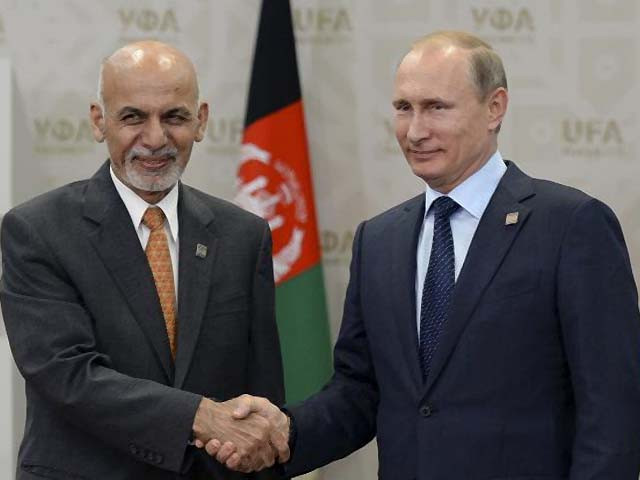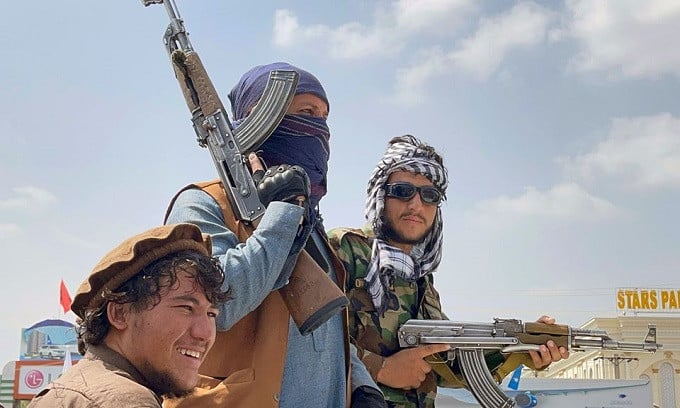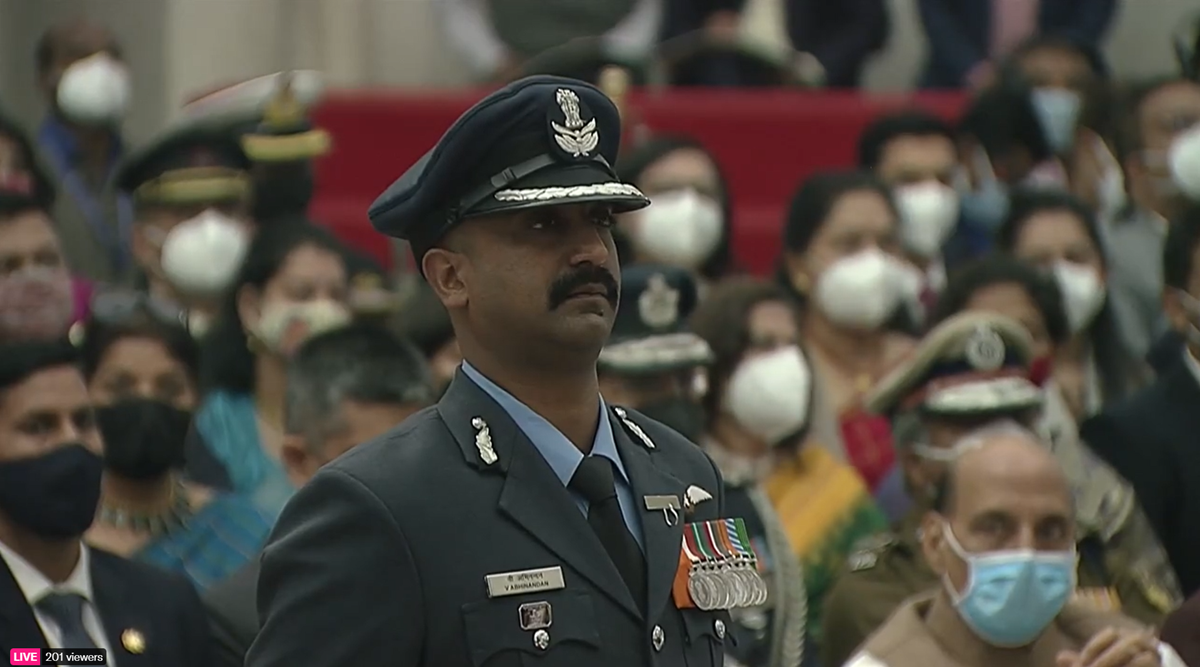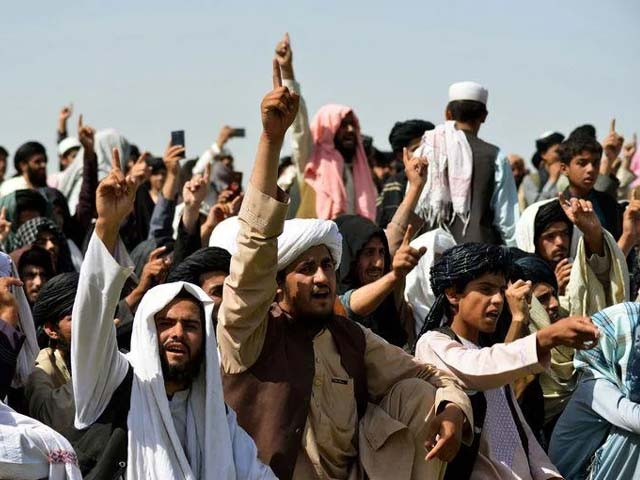
Why the Afghan civil war will not turn into a regional proxy war
Some regional observers, particularly those in India, have wondered whether the 1990s-era Afghan Civil War dynamic of a regional proxy war can be replicated in the current context. This view was recently expressed by the South China Morning Post’s Pranay Sharma, a New Delhi-based independent journalist, in his article for that publication on July 16th about how “India’s worries over Taliban in Afghanistan fuels talk of revived ‘Northern Alliance’ with Iran, Russia”. Although the experts that he interviewed were sceptical about this scenario, the very fact that it’s being discussed shows that there’s still some interest in exploring such a possibility. Any move in that direction, however, is unlikely to make much of a difference in shaping the on-the-ground situation.
The “Northern Alliance” of that former era was supported by India, Iran, and Russia, yet the Taliban surprised many by taking over much of Northern Afghanistan in the past few weeks. They’ve also expanded their presence along other borders as well, including the Iranian one. This pre-emptively thwarted the possibility of foreign actors providing sustained military support to any potential proxies there. They could of course still airlift such aid into the country, but it’s costlier and more conspicuous. Even in that case, however, such efforts would probably only be undertaken by India, not Iran, and certainly not Russia.
Moscow recently cultivated excellent political relations with the Taliban as part of the peace process, which saw the Eurasian Great Power host the group in its capital on several occasions, including most recently earlier this month in spite of still officially designating them as terrorists. Iran did the same around that time too, which speaks to their pragmatically changing strategic calculations towards this conflict that affects the interests of so many stake-holders. India has thus far remained the only actor of significance which has yet to officially engage with the Taliban even though reports earlier circulated claiming that some informal channels had been sought.
Minister of External Affairs (MEA) Jaishankar’s trips to Tehran and Moscow obviously concerned the situation in Afghanistan, but it’s improbable that either of his hosts would have agreed to any speculative proposal to revive the “Northern Alliance”. Unlike during the 1990s, Russia and Iran nowadays have very serious connectivity interests in Afghanistan. The first-mentioned wants to take advantage of the Pakistan, Afghanistan, Uzbekistan (PAKAFUZ) railway that was agreed to in February in order to fulfill its centuries-long dream of reaching the Indian Ocean while the second wants to connect with China through Afghanistan and Tajikistan.
The improvement of Russian-Pakistani relations occurred in parallel with the improvement of Chinese-Iranian ones, which set the strategic background against which their connectivity interests are converging in Afghanistan. India is the only regional actor of relevance that’s left out of this multipolar loop, though solely because it still refuses to pragmatically enter into talks with the Taliban out of principle. The continuation of this obstinate policy might see India clandestinely funnelling arms and other supplies to Kabul and local anti-Taliban proxies via its trans-Iranian air corridor with Afghanistan whether or not Tehran is even made aware of this.
While some in New Delhi would obviously be in favor of this scenario, it arguably wouldn’t be in India’s long-term strategic interests to perpetuate the Afghan Civil War by proxy. Every other stakeholder wants the war to end as soon as possible so that they can advance their complementary connectivity visions. This also seemingly includes India’s newfound American ally too, which established a new quadrilateral framework between itself, Pakistan, Afghanistan, and Uzbekistan last week. This “New Quad” aims to take advantage of PAKAFUZ in order to transform America’s failed geopolitical competition in the region into a more productive geo-economic one.
Without American, Iranian, and especially Russian support (remembering that Russian Deputy Chief of Mission in New Delhi recently spoke out against any foreign military involvement in the country), India cannot realistically change the on-the-ground situation in Afghanistan. The most dramatic thing that it can do is perhaps dispatch planes and/or pilots to prop up Ghani’s government, but this would require Iran’s approval to transit through its airspace, which isn’t guaranteed to be granted for the earlier mentioned reason related to its interest in wanting peace to prevail so as to take advantage of Afghanistan’s connectivity potential.
Going at it alone would also risk further ruining India’s international reputation by portraying itself as a so-called “rogue state”, which isn’t in alignment with the country’s global message of being a responsible regional actor. Of course, New Delhi can always claim that it’s “doing the world a favour” and whatnot, but this would fall on deaf ears since that very same world is now cautiously welcoming the Taliban into the international community. For these reasons, it’s extremely unlikely that the contemporary phase of the Afghan Civil War will replicate the proxy war of the 1990s, though this doesn’t mean that India still won’t try to militarily aid Kabul to some extent.




COMMENTS
Comments are moderated and generally will be posted if they are on-topic and not abusive.
For more information, please see our Comments FAQ